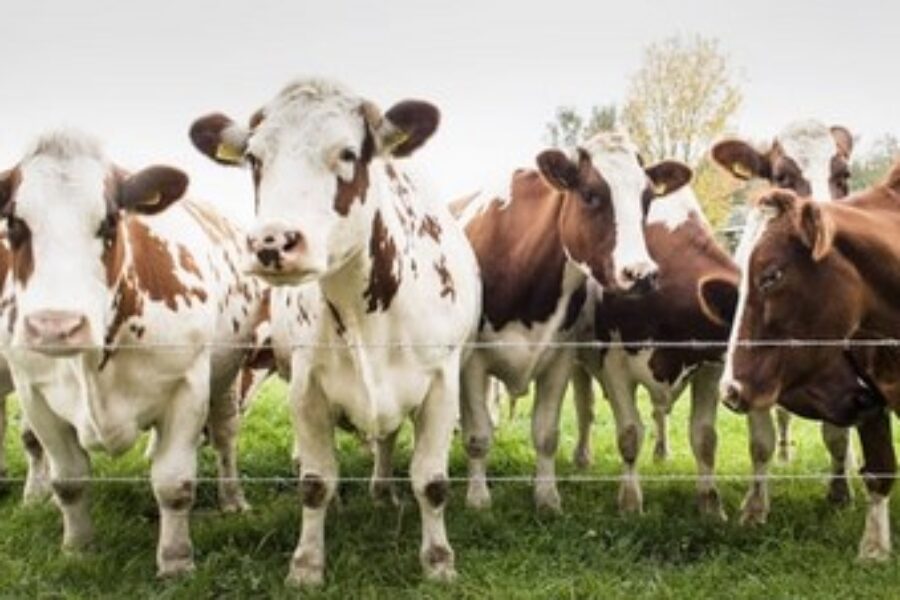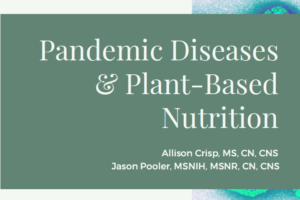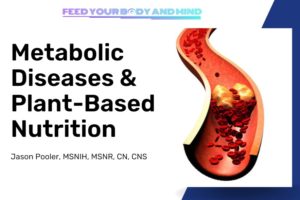There is a myth out there in the environmental movement that local foods are inherently better for the environment. I am well aware of this myth because I used to teach it when i was working for the US Forest Service, before i became a nutritionist and health coach.
The myth people share is that the distance food travels is more important than the food type. The study (link below) is one of many to dispel that myth.
It’s far better for the environment to eat vegan than to eat locally raised animal foods. This is because the bulk of the emissions are not from travel but from all the inputs used to grow the food and in the case of animals, the environmental impacts of the methane the animals emit. it takes a lot of feed to bring any animal product to your table, with the distance the food travels being only a small portion or the environmental impact.
This study focuses on climate change even though we know there are other impacts that animal agriculture is responsible for, such as air and water pollution, increased risk of pandemic diseases and antibiotic resistance, ocean dead zones, deforestation, and more.
Five dietary patterns were identified in the review with their mean GHG emissions:
– high-protein diets (5.71 CO2eq kg person −1 day −1),
– omnivorous diet (4.83 CO2eq kg person −1 day −1),
– lacto-ovo-vegetarian/pescatarian diet (3.86 CO2eq kg person −1 day −1),
– recommended diet (3.68 CO2eq kg person −1 day −1), and the
– vegan diet (2.34 CO2eq kg person −1 day −1).
If you are an athlete considering supplements to increase recovery and endurance then check out my blog post on Evidenced Based Supplements for Training Like and Athlete.
Interested in knowing how bone health is more than just about calcium? Check out my last blog post Toxin, Toxins, Everywhere
Also! Check out my Instagram page for inspirational messages, scientific articles, photos of what I’ve been up to, and more! @feedyourbodyandmindllc







